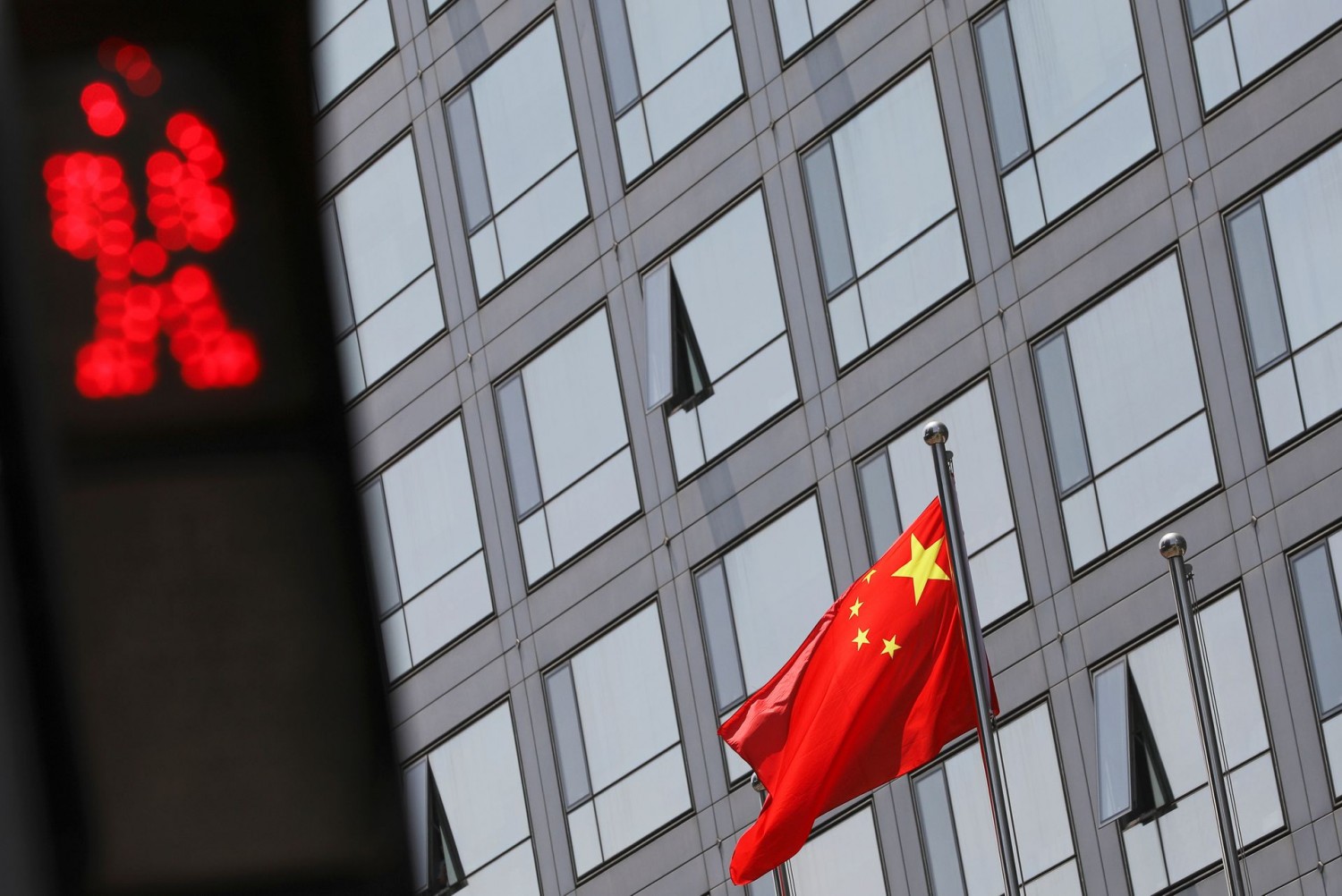China’s top cyberspace watchdog announced Sept. 29 that it has labeled some 80,000 online posts as “rumors” since August in a campaign targeting “online rumors and false information”.
According to a statement of the Cyberspace Administration of China (CAC), it has organized 12 major Chinese digital news portals and social media platforms to “refute and label rumors” related to “key social and livelihood areas” including health, food safety, education, employment, and natural disasters.
The CAC required all key websites and platforms to set up special accounts or columns to release “rumor-refuting information” and to “send rumor-refuting content accurately to all users who have been exposed to rumors,” according to the statement.
Posts that are labeled “rumors” are to be exposed “in a timely manner” on the relevant platforms so as to “squeeze the living space of online rumors to the maximum extent so to ensure there is no space for online rumors to hide,” reads the statement.
The CAC also encourages netizens to report and provide clues to rumors on its reporting platform.
Sheng Ronghua, deputy director of the CAC, said at a press conference on Aug. 23 that the watchdog had deleted more than 65.41 million pieces of harmful information and more than 78,000 illegal accounts.”
The special campaign, named Operation Qinglang, was launched by the CAC in 2021, aiming at tackling disorder on the internet and creating a better online ecosystem in China.
The regime’s recent campaign tightens its grip on China’s digital space.
The Epoch Times notes that many of the so-called "rumors" are posts and footage uploaded by Chinese netizens during the pandemic trying to communicate their plight and often asking for help.
Sources: The Epoch Times, The Global Times




